- Get link
- X
- Other Apps
And most individuals of European ancestry at least who carry a MUTYH mutation do have one of the two mutations that 23andMe is testing for. I wrote to 23andme with the same question - their responses were.
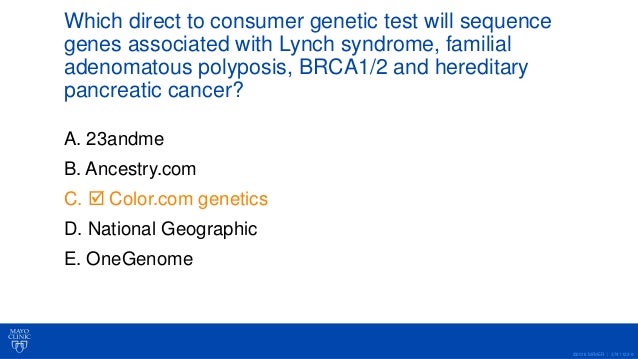 Version I Riegert Johnson Colorectal Neoplasms And Hereditary Syndr
Version I Riegert Johnson Colorectal Neoplasms And Hereditary Syndr
The test looks for the MUYTH gene which is associated with colorectal cancer.

23andme lynch syndrome. 23andMe and other SNP-based tests are not a substitute for full sequencing and large rearrangement analysis of the mismatch repair genes that cause Lynch Syndrome. Has given 23andMe approval to do similar testing for 10 disorders linked to genetic mutations but not for the huge number of others including Lynch syndrome that companies like. Once the mutation is identified then other family members can get tested for that specific mutation.
When it comes to colorectal cancer cases only a small proportion about 5 are hereditary and most of those are tied to a separate condition called Lynch syndrome which 23andMes test. Uterine endometrial Stomach Liver Kidney Brain and. Lynch syndrome is caused by having just one mutation in an MMR gene called autosomal dominant.
Should You Use 23andMe for Lynch Syndrome Testing. Lynch syndrome is caused by mutations in the mismatch repair MMR genes. What are the symptoms of Lynch syndrome.
Mutations in the following MMR mismatch repair genes cause Lynch Syndrome. Although 23andMe has brought some awareness to hereditary colorectal cancer it does not offer any tests that look for Lynch genes. People with Lynch syndrome are more likely to get colorectal cancer and other cancers and at a younger age before 50 including.
Individuals with two mutations are said to have the autosomal recessive condition MAP. The new 23andMe report is limited in that it only identifies people with MAP and not other hereditary colorectal cancer syndromes like Lynch syndrome but it can be a positive first step for prevention for those who have the two associated variants. Lynch Syndrome is a silent condition and never gives any prominent symptoms.
Additionally because only a small percentage of colorectal cancer cases are attributed to a hereditary. Carrying mutations in both copies of the MUTYH gene confers a significantly increased risk for developing colorectal cancer. This is important to understand because not having one of the variants that 23andMe tests for does not mean that a customer does not have any risk for this kind of cancer.
The new tests from 23andMe may give a person a false sense of their overall colorectal cancer risk as it only is designed to detect two specific mutations in. Only a fraction of these customers upload their genetic report to Promethease whose founders said in a past interview that the site generated up to 500 reports a day. I wrote to a friend genetecist asking how that could be since both my husband and I had CC.
Das Lynch-Syndrom ist eine autosomal-dominante Erkrankung die mit frühzeitig auftretenden kolorektalen Karzinomen und gegebenenfalls weiteren Tumorerkrankungen einhergeht. The second copy of. Should I say we were terrified.
Lynch syndrome also known as hereditary non-polyposis colorectal cancer HNPCC is the most common cause of hereditary colorectal colon cancer. Currently 23andMe along with other direct consumer testing options could give a person a false sense. Its like looking at only 5 letters out of 8 books.
It is one of the most common heredity causes of cancer. Additionally this report does not look at variants associated with Lynch syndrome which is the most common form of inherited colorectal cancer. This is a strong marker for Lynch syndrome 80 for lifetime cancer especially at younger age.
Ideally a family member with colon cancer at a young age would undergo testing first. She said that its more likely a miscall than a de novo mutation but there is still a possibilty. FDA granted clearance to 23andMes genetic health risk report for MUTYH-associated polyposis a hereditary colorectal cancer syndromeThe MUTYH-Associated Polyposis report although not yet.
23andMe the only direct-to-consumer genetic test authorized by the FDA to offer reports on genetic risk claims to have more than 2 million customers. Das Lynch-Syndrom ist mit einem Anteil von etwa 5 aller Darmkrebserkrankungen die häufigste genetische Tumorerkrankung des Colon. Lynch syndrome is a hereditary cancer syndrome that carries a high risk of colorectal uterine and ovarian cancers as well as increased risk of other cancers of the skin digestive and urinary tract.
One of the first symptoms that indicate the presence of Lynch syndrome is the development of bowel or womb cancer. This usually appears in people who are young.
 Pdf Self Diagnosis Of Lynch Syndrome Using Direct To Consumer Genetic Testing A Case Study
Pdf Self Diagnosis Of Lynch Syndrome Using Direct To Consumer Genetic Testing A Case Study
 23andme S New Mutyh Associated Polyposis Report Looks At Risk For Hereditary Colorectal Cancer Associated With Mutyh Variants 23andme Blog
23andme S New Mutyh Associated Polyposis Report Looks At Risk For Hereditary Colorectal Cancer Associated With Mutyh Variants 23andme Blog
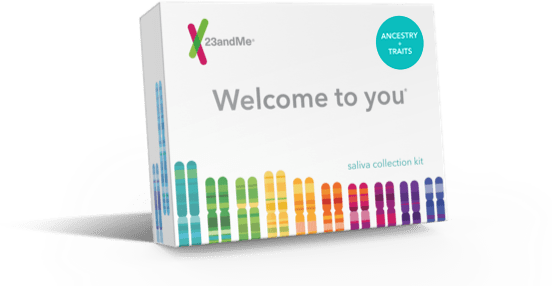 See Our List Of Personalised Genetic Reports 23andme Europe
See Our List Of Personalised Genetic Reports 23andme Europe
 Examine Your Genetic Variants For Lynch Syndrome Using Dna Raw Data
Examine Your Genetic Variants For Lynch Syndrome Using Dna Raw Data
 23andme Receives Fda Clearance For Direct To Consumer Genetic Test On A Hereditary Colorectal Cancer Syndrome
23andme Receives Fda Clearance For Direct To Consumer Genetic Test On A Hereditary Colorectal Cancer Syndrome
 Don T Count On 23andme To Detect Most Breast Cancer Risks Study Warns The New York Times
Don T Count On 23andme To Detect Most Breast Cancer Risks Study Warns The New York Times
 Lynch Syndrome Result Cancer Promethease
Lynch Syndrome Result Cancer Promethease
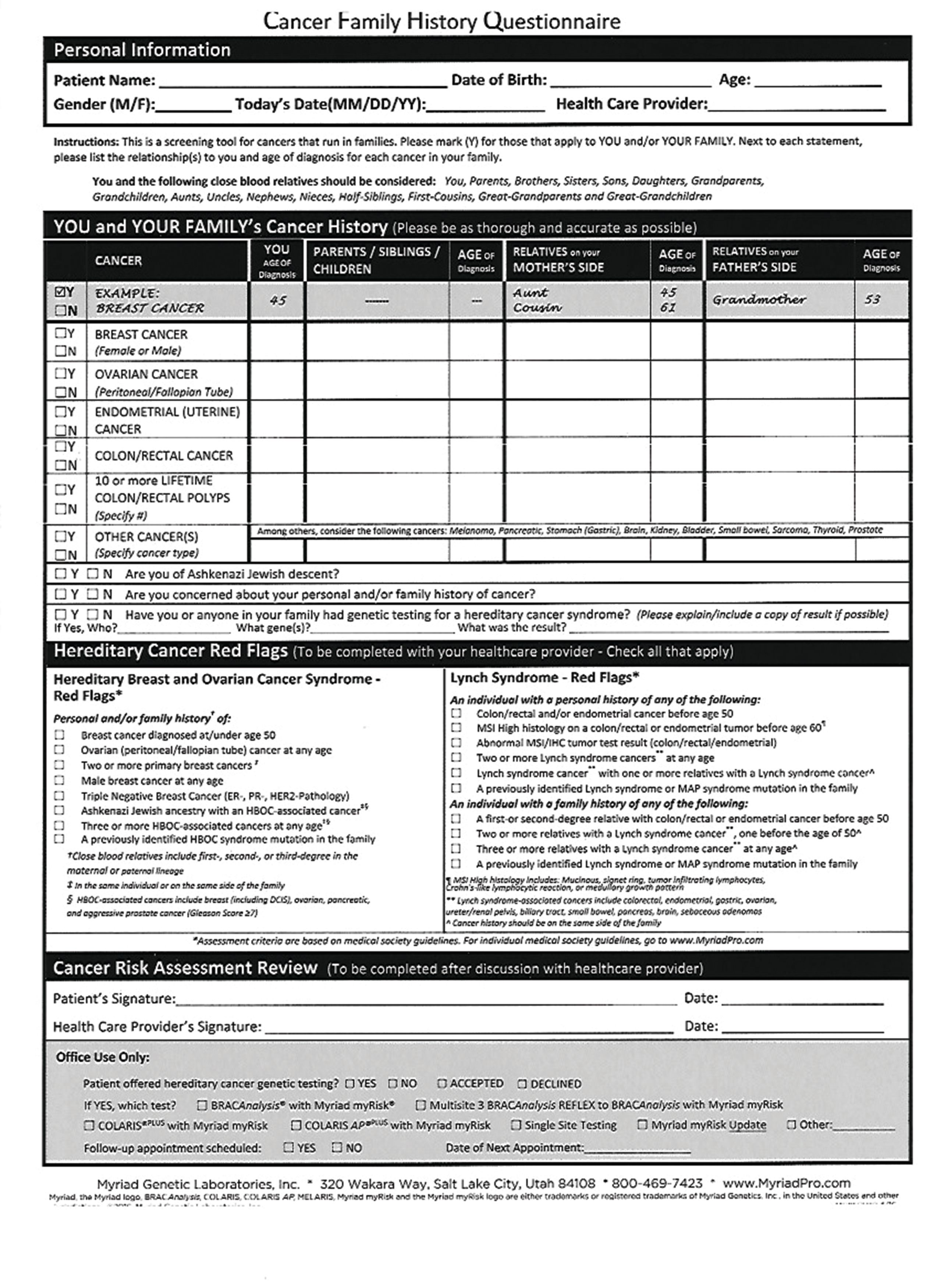 Managing Brca Results From 23andme
Managing Brca Results From 23andme
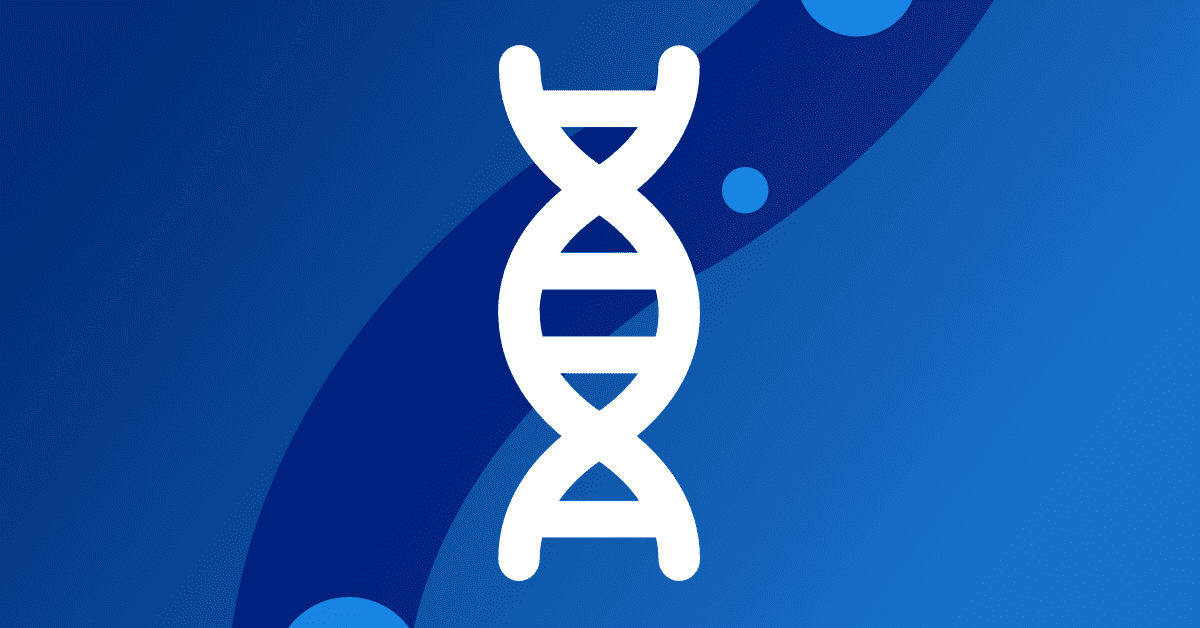 23andme Receives Fda Clearance For Genetic Health Risk Report That Looks At A Hereditary Colorectal Cancer Syndrome 23andme Blog
23andme Receives Fda Clearance For Genetic Health Risk Report That Looks At A Hereditary Colorectal Cancer Syndrome 23andme Blog
 Home Genetic Tests May Be Riddled With Errors And Companies Aren T Keeping Track Huffpost
Home Genetic Tests May Be Riddled With Errors And Companies Aren T Keeping Track Huffpost
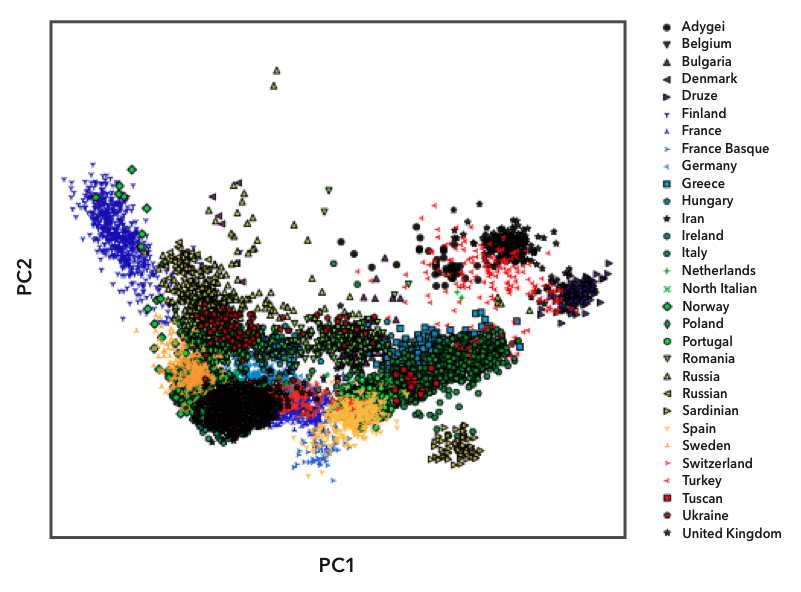 Ancestry Composition 23andme Europe
Ancestry Composition 23andme Europe
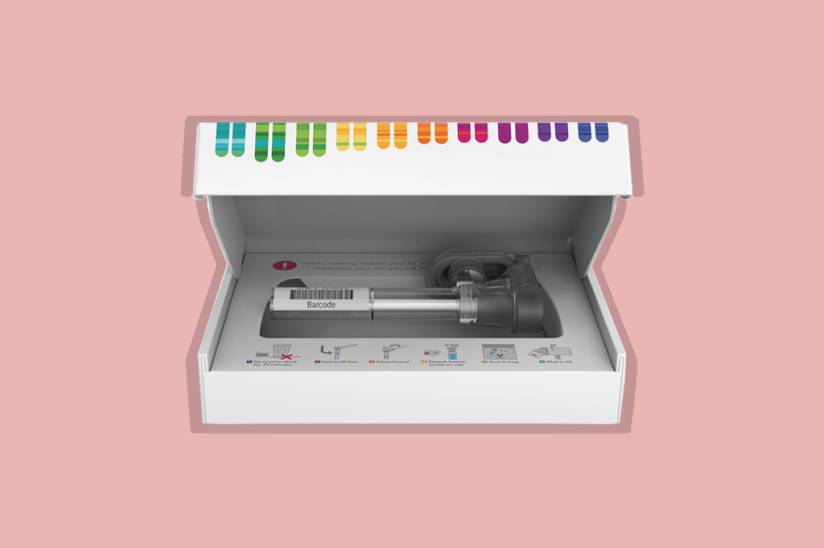 23andme Has A New Genetic Cancer Test But The Results Don T Tell You The Whole Story Time
23andme Has A New Genetic Cancer Test But The Results Don T Tell You The Whole Story Time
 Pdf Self Diagnosis Of Lynch Syndrome Using Direct To Consumer Genetic Testing A Case Study
Pdf Self Diagnosis Of Lynch Syndrome Using Direct To Consumer Genetic Testing A Case Study
 Cancer Prevention Strategies For Lynch Syndrome Mutations Genetic Lifehacks
Cancer Prevention Strategies For Lynch Syndrome Mutations Genetic Lifehacks
Comments
Post a Comment